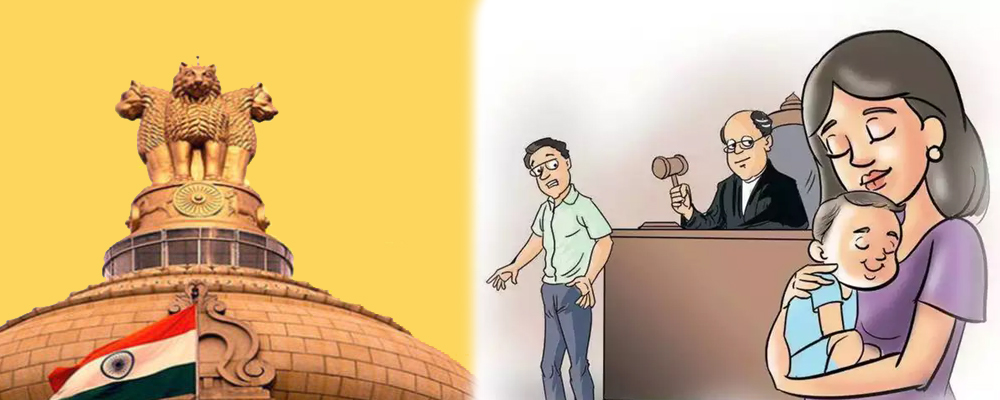INTRODUCTION
In the upbringing of children, childhood care plays an important role. Both mother and father have an important part to play. Child’s future relies heavily on care and support he or she gets in initial years . It is the responsibility of both mother and father to give everything they can for the advancement of their kid and their healthy development. Both should have a legitimate, social and ethical constraint to keep up with their child whether they are living individually or separated. There are various provisions under Hindu law which state child maintenance as the essential obligation of parents.
The term maintenance means monetary help which accommodates the fundamental necessities of life like, food, cloth, shelter, education, clinical consideration, etc by the provider of the family.
In this article various provisions are examined which state that child maintenance & welfare has given great significance under Hindu law.
Section 3(b) of Hindu Adoption and Maintenance Act, 1956 described Maintenance as:
Maintenance includes-
In all cases, provision for food, clothing, residence, training and medical attendance and treatment;
In the case of a single daughter, additionally the affordable charges of an incident to her marriage.
A minor child has the right of maintenance in the situations listed below. Although a single daughter has the right of maintenance even after accomplishing the age of majority (i.e. 18 years).
Need A Legal Advice
The internet is not a lawyer and neither are you. Talk to a real lawyer about your legal issue

When the kid lives with their parents.
When the custody of the child is with one parent, in the case of their separation.
When the kid is born out of void marriage.
When the kid is born from a live-in relationship.
In India, beneficial provisions for maintenance of children and parents are given under various Acts.
Conclusion
The child maintenance law in India sets out the obligation of both the guardians for example mother and the father to provide maintenance to their children when they are unable to maintain themselves. From the above provisions and case law, it is clear that the law is crystal clear on the point that child’s welfare is a foremost thought as stated under section 13 of The Hindu Minority and Guardianship Act, 1956 while concluding the issue related with the child in any cases. The provisions regarding child maintenance under Hindu law as well as under Code of Criminal Procedure promote the interest of the child and protect the children from any sort of segregation. So, we can conclude that India is on the right path to protect childhood & promote the welfare of children which is ensured under our Constitution.





 Talk to a Lawyer
Talk to a Lawyer